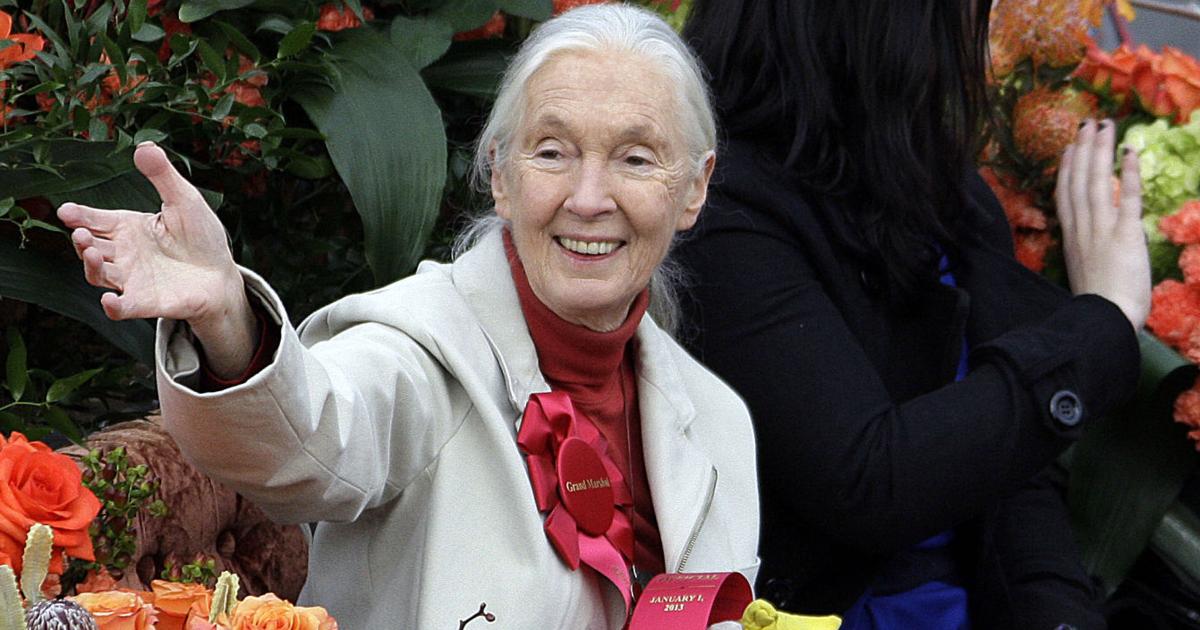
Sci-fi television is at a turning point. In the age of prestige TV and global streaming platforms, the genre has shifted toward sprawling, cinematic storytelling, often feeling more like six-hour movies than traditional episodic shows. Platforms like Netflix and Amazon Prime Video thrive on this hybrid model, with genre fare like Stranger Things and The Boys becoming cultural juggernauts.
However, the best 21st-century sci-fi TV show isn’t a product of that formula. It didn’t have a billion-dollar IP machine behind it like Star Wars or Star Trek, nor did it rely on franchise recognition to justify its existence. Instead, it quietly carved out its own space in the crowded television landscape while staying true to its science fiction roots.
That show is The Expanse. For six seasons, it proved that compelling characters, complex politics, and grounded science fiction could captivate audiences without leaning into streaming’s new playbook. In a time when originality is often pushed aside, The Expanse stands as proof that the best sci-fi show of the 21st century doesn’t need to compromise.
How The Expanse Became The Defining Sci-Fi Show Of The 21st Century
The Expanse Delivered Grounded, Character-Driven Science Fiction That Redefined The Genre
The Expanse didn’t just emerge as a cult hit; it became a benchmark for modern science fiction storytelling. Based on James S.A. Corey’s bestselling novels, the show stood out because it approached the genre with a balance of realism and humanity. Its core cast – James Holden (Steven Strait), Naomi Nagata (Dominique Tipper), Amos Burton (Wes Chatham), and Alex Kamal (Cas Anvar) – anchored the show in emotional depth as much as scientific accuracy.
The series offered a vision of the future that felt tangible. Unlike other spacefaring franchises, The Expanse didn’t rely on warp drives or fantastical technology to move its story forward. Instead, it leaned into the hard science of space travel, portraying realistic ship maneuvers, zero-gravity environments, and the physical toll of living in low gravity. This grounded approach gave it an edge of authenticity.
Yet the show was never cold or clinical. The geopolitical struggles between Earth, Mars, and the Belters mirrored our own fractured world. Class conflict, resource scarcity, and systemic oppression were as central as the alien mysteries driving the larger narrative. The balance between the human and the cosmic made it resonate on multiple levels.
That’s why many regard it as the best sci-fi show of the 21st century. The Expanse proved that science fiction can be intelligent, thrilling, and socially relevant without sacrificing accessibility. It combined space opera grandeur with street-level grit, giving viewers both awe-inspiring visuals and meaningful drama. The result was a series that didn’t just follow sci-fi traditions – it set new ones.
The Expanse Had A Complicated Journey – Despite Being Excellent Television
The Expanse Survived Cancellation And Revival To Become A Modern Sci-Fi Classic
When The Expanse premiered on Syfy in 2015, it immediately drew critical acclaim for its ambition and scope. Still, the network wasn’t exactly known for supporting expensive, serialized storytelling, and ratings didn’t reflect its cultural impact. Despite its undeniable quality, The Expanse faced the very real threat of premature cancellation.
That moment came after season 3, when Syfy dropped the series. For most shows, that would have been the end. However, The Expanse had cultivated a passionate fanbase, one that took to social media and launched campaigns to save it. The result was historic: Amazon Prime Video stepped in, acquiring the rights and giving the series a second life.
Under Prime Video, The Expanse found the breathing room it needed. Seasons 4 through 6 expanded on its political themes and visual scale, proving that streaming budgets could serve storytelling rather than overshadow it. The show’s reputation grew with each season, and by the time the finale aired in 2022, it was widely regarded as one of the most important sci-fi series of its era.
This journey made The Expanse more than just great television – it was a testament to how fan-driven demand and platform support can save brilliant but overlooked shows. Its survival alone is part of why many consider it the best 21st-century sci-fi TV show. It wasn’t just critically adored; it was a rare case of a genre series beating the odds.
A Show Like The Expanse Wouldn’t Survive In The Current Streaming Landscape
The Expanse Was A Rare Sci-Fi Series Not Tied To A Massive Franchise That Lasted Six Seasons
Streaming has reshaped how shows live and die. In today’s landscape, six seasons of an expensive sci-fi show not tied to a powerhouse brand like Marvel or Star Wars feels unthinkable. The economics simply don’t support it anymore. Studios now prioritize quick cultural impact over long-term worldbuilding.
This makes The Expanse unique. Its production values were high, its scope was vast, and yet it didn’t have the built-in safety net of franchise recognition. In 2025, studios would almost certainly pass on a project like this – or cancel it after two seasons, regardless of quality.
The rise of event television has only heightened this problem. Today’s platforms often greenlight genre projects with cinematic ambitions but short lifespans, designed more for awards or quick subscriber spikes than sustainable storytelling. Shows like 1899 or The Peripheral have shown how quickly even ambitious sci-fi projects can be cut short.
That’s why The Expanse feels like lightning in a bottle. It managed six seasons of complex, politically charged, and scientifically grounded storytelling in a streaming era that increasingly punishes originality. The fact that it existed at all – let alone thrived – makes its legacy even more remarkable, cementing its status as the best sci-fi show of the 21st century.
What Streaming Should Learn From The Expanse
The Expanse Blended Old-School Television Structure With Modern Prestige Sensibilities
Part of what made The Expanse stand out was how it didn’t feel like the typical streaming sci-fi series. Many modern shows aim to mimic movies stretched across multiple episodes, often sacrificing pacing and episodic variety. The Expanse, however, retained the rhythm of traditional TV, while elevating it with prestige-level production values.
Each season felt like a complete arc, with episodes that carried their own weight rather than simply serving as chapters of a longer film. A standout The Expanse episode like “Home” wasn’t just a piece of connective tissue – it was an event in its own right. This old-school approach gave the series momentum and kept audiences engaged week to week.
At the same time, the show looked spectacular. Its visual effects rivaled Hollywood blockbusters, but they were always in service of the story rather than spectacle. Unlike many streaming sci-fi projects, The Expanse never felt like it was trying too hard to be cinematic. It embraced its identity as television while still delivering scale.
This hybrid model – grounded episodic storytelling paired with big-budget production – is something streaming platforms should learn from. Instead of chasing cinematic prestige at the expense of narrative rhythm, studios could benefit from returning to a more balanced approach. That’s what made The Expanse work: it respected its audience’s intelligence without alienating them with self-indulgence.
Perhaps most importantly, The Expanse built a world that could sustain long-term storytelling. The characters evolved, the stakes grew, and the show rewarded loyal viewers with a sense of genuine progression. If more streaming shows followed this model, sci-fi television might not feel as disposable as it does today.
Not All Hope Is Lost For Sci-Fi Television
Original Sci-Fi Still Has A Future Thanks To Platforms Willing To Nurture It
While The Expanse may be the most successful standalone sci-fi of recent decades, it isn’t the genre’s final gasp. Original science fiction still exists on television – it’s just harder to find. The key difference is that fewer platforms are willing to give shows time to grow.
Apple TV+ has emerged as an exception. Its slate includes Foundation, which was recently renewed for season 4, proving that studios can still invest in long-form science fiction. Likewise, shows like For All Mankind demonstrate that original concepts can thrive when networks believe in them. These projects carry the torch that The Expanse lit.
The landscape is changing, and standalone projects face steeper odds, but sci-fi has always adapted.
Even if they don’t all reach six seasons, the fact that new, ambitious series are still being greenlit is encouraging. They may never replicate The Expanse’s mix of old-school television pacing and new-school spectacle, but they show that the appetite for serious sci-fi remains strong.



